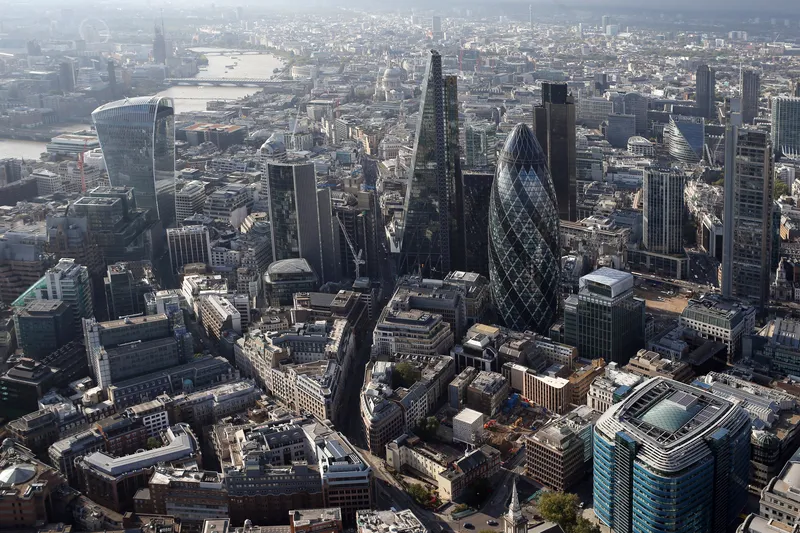
In a stark illustration of the financial pressure that transit organisations are under worldwide, TfL has furloughed 7,000 staff from today, initially for three weeks.
The drastic move – representing a quarter of its workforce – follows an overall drop in ridership of 90%, which has hit the UK capital’s public transport provider hard.
“Vital advice for people to stay at home and only make essential journeys has led to a huge reduction in passenger numbers and significantly reduced income,” the company said in a statement.
Since lockdown began in March, journeys on the London Underground have dropped by 95% while journeys on buses fell by 85%.
TfL will access funding from the UK government's Job Retention Scheme, saving an estimated £15.8m every four weeks.
“This will partly reduce the huge financial impact of coronavirus whilst constructive discussions continue with government on the wider revenue support that TfL will need to continue the effective operation of London's transport network,” the statement said.
Under the government scheme, TfL can access funding for 80% of the salary of furloughed staff up to a maximum of £2,500 per month.
“The transport network is crucial in the fight to tackle coronavirus and it will play a similarly vital role in supporting the country's economy as it recovers from the pandemic,” says London's transport commissioner Mike Brown.
“We have significantly cut our costs over recent years but nevertheless the success of encouraging the vast majority of people to stay at home has seen our main revenue, fares, reduce by 90%.”







